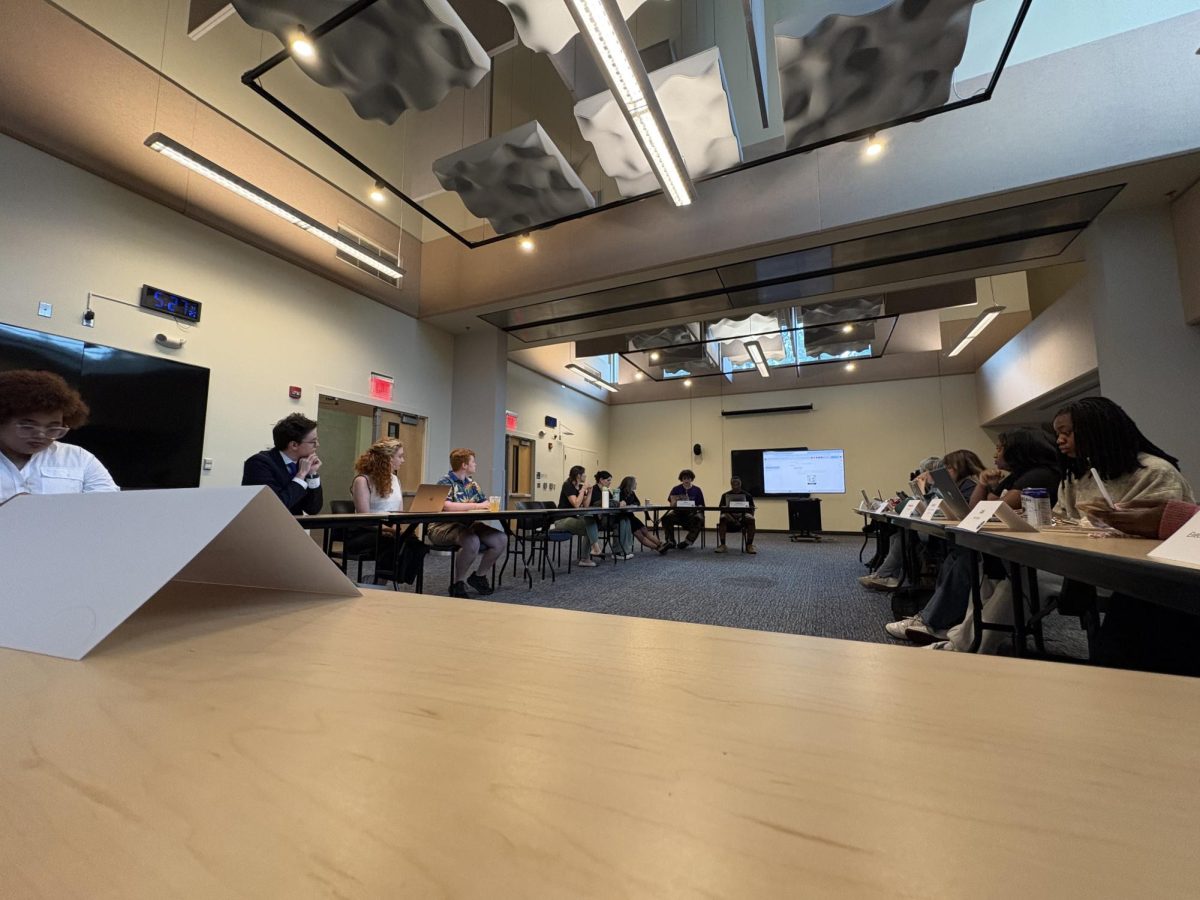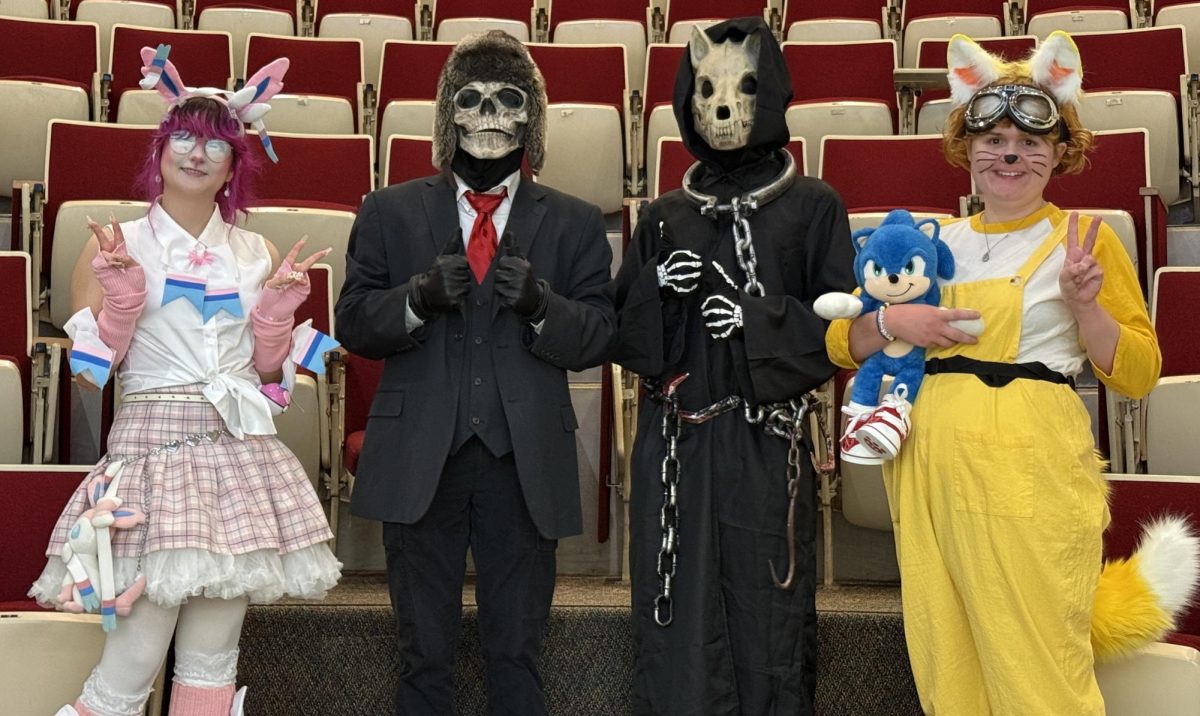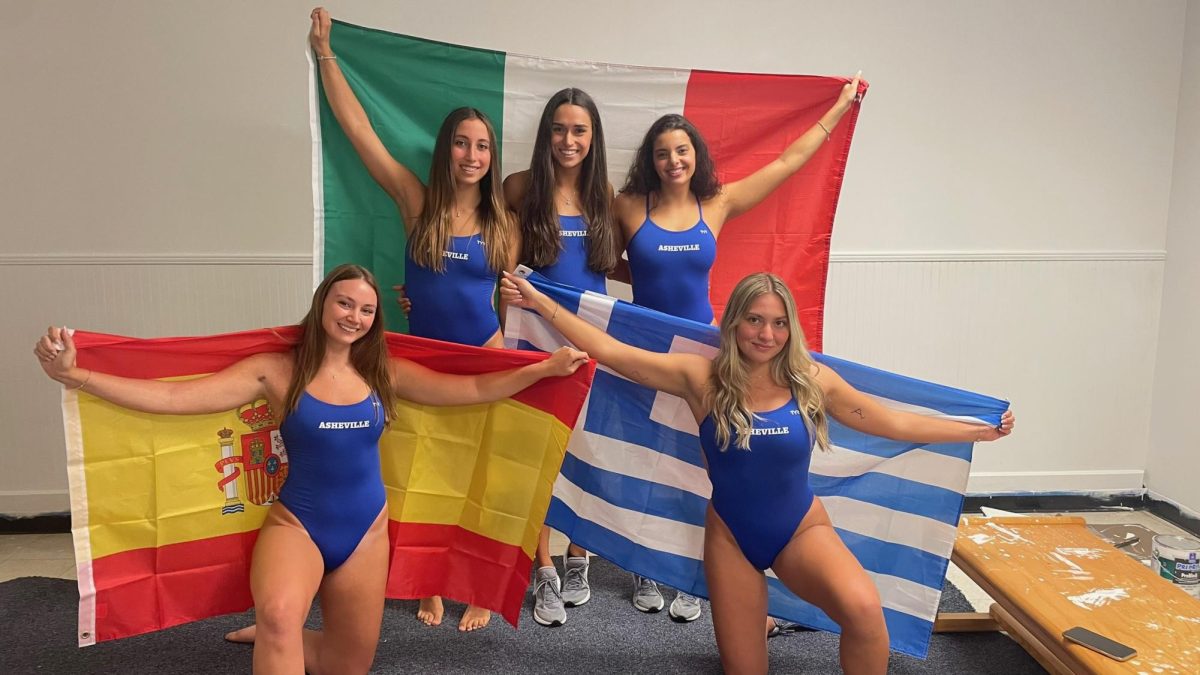International student-athletes say they often struggle with homesickness, cultural adjustment, academic pressure and the high standards of their sport, making mental health awareness and resilience essential for a fulfilling experience abroad.
“Having to live without my family and not speaking my own language every day were two of the most emotionally challenging things I had to go through,” said Sergio Baguena, an international student-athlete from Alicante, Spain.
Beyond language barriers, student-athletes often face cultural differences affecting their social interactions, according to Baguena. He said finding supportive communities is essential since adjusting to new social dynamics can lead to feelings of loneliness.
According to Claudia Salvador, an international student-athlete from Madrid, social interactions pose one of the biggest emotional challenges.She said navigating various customs and social behaviors in a different country can be difficult. Students say these changes sometimes overwhelm them, but they also provide opportunities for personal growth.
Even the smallest everyday interactions felt unfamiliar at first, according to Salvador. Things like greetings, body language and personal space didn’t come as naturally as they did back home. It wasn’t just about learning new customs—it was about adjusting how she connected with people on an emotional level.
“My biggest emotional challenge, which I faced when I came to a new country, was the way you greet and behave around people,” said Salvador. “Personally, I was used to more physical contact in Spain. Here, it was a bit different. But regardless of that, it was like starting from zero in your own life.”
According to Karen Howard-Goss, director of the Student-Athlete Resource Center, social isolation and exhaustion significantly impact mental well-being. Many international student-athletes struggle to adjust to a new environment without familiar support systems.
“For international student-athletes, I would say that isolation and fatigue could lead to mental health challenges,” said Howard-Goss. “It might also be more difficult for them to make friends quickly because of the language barrier.”
According to Baguena, many international student-athletes face difficulties balancing academics with demanding training schedules and competitions, especially in their first semester. These challenges increase stress and make it harder to maintain a balanced lifestyle.
“My first semester was kind of tough because I couldn’t find time for practices with the soccer team and classes. So it was kind of stressful,” said Baguena. “On the other hand, as a senior, you look back and see all the effort and the ways you were able to manage everything. You are proud of that.”
Over time, student-athletes gradually create coping strategies and routines that help them handle their obligations and maximize their time in college, according to Howard-Goss. Developing these habits helps them build resilience, which is essential for managing both academic and athletic demands.
According to Salvador, one of the best ways to maintain good mental health as an international student-athlete is to establish a strong support system. Making new friends, joining student organizations and engaging in social activities ease the transition.
“Be open to meet new people, get out of your comfort zone and be chill. Things are going to happen and you need to take one at a time. For me, it helps having a routine and being surrounded by people that I care about,” Salvador said.
According to Howard-Goss, developing strategies to maintain mental well-being is crucial for long-term success. When dealing with mental health issues, students need to prioritize self-care and actively seek available resources.
Even simple, everyday habits can serve as powerful tools for coping. Building a personal routine of small, positive actions can help students manage stress and stay emotionally balanced, especially during difficult times, said Howard-Goss.
“One piece of advice I would give them is to reach into their toolbox,” said Howard-Goss. “So, whether it’s calling a friend, going for a walk, or reading something motivational. These small actions can make a big difference.”
According to Baguena, developing a daily routine, setting realistic goals and practicing self-care are all essential steps to maintaining mental well-being. UNC Asheville also offers counseling services, peer support groups and wellness programs that guide student-athletes navigate their emotional struggles while excelling in their sport.
International student-athletes find success both on and off the field in embracing the challenges of adapting to a new environment, balancing academics and sports and prioritizing mental well-being. By building strong support systems, maintaining a healthy routine and seeking help when necessary, they transform their college experience into an opportunity for personal growth and achievement.
According to Salvador, while there are certain challenges when studying abroad as a student-athlete, there are also excellent opportunities for resilience and personal development. Overcoming obstacles, such as language barriers and cultural differences, strengthens students both mentally and emotionally.
By stepping out of their comfort zones, they gain valuable life skills that will continue to benefit them long after their college years, according to Howard-Goss.
“Asking for help from your teammates, your classmates or your teachers provides a huge resource and no one should be afraid of that, because it makes a big difference,” Salvador said.



















